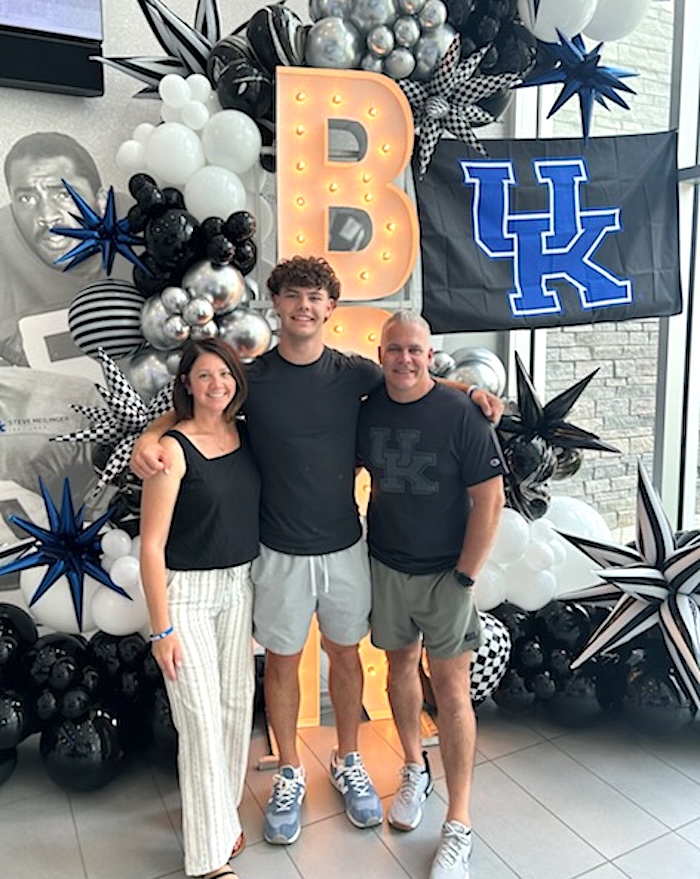Hemp growers want protection from raids
Published 9:54 am Wednesday, July 21, 2021

- Hemp growers are taking a case to court over what they feel like are illegal raids. (Photo courtesy of Kentucky Today)
|
Getting your Trinity Audio player ready...
|
FRANKFORT, Ky. – The Kentucky Hemp Association is fighting back in the courts after what they say were several police raids of lawful hemp retail stores throughout the state.
The group has filed a lawsuit in Boone Circuit Court, seeking an injunction to prohibit law enforcement agencies from using a letter from the Kentucky Department of Agriculture to target hemp products containing Delta-8 THC.
The suit argues that such products are legal under the applicable state and federal legislation that regulates hemp production, and that inaction from the courts could have a “potential billion-dollar impact to Kentucky’s economy, hemp growers, producers and retail store owners.”
Trending
This legal action comes in the wake of an April 2021 advisory opinion from the general counsel of the agriculture commissioner, concluding that Delta-8 THC hemp products are not exempted from the federally controlled substances list.
According to the Kentucky Hemp Association, on June 15 Kentucky State Police raided two lawful hemp retail stores in Morehead to seize Delta-8 THC products. Law enforcement took a wide variety of hemp products, money and cameras, and charged store employees with marijuana trafficking. Several other stores around the state have been raided since.
In the lawsuit, the hemp growers state, “The April guidance was just that – a guidance document – and was not issued as an administrative regulation, was not filed with the Legislative Research Commission, was not placed out to the public for public comment and no public hearings were held concerning it. In short, none of the steps required by KRS Chapter 13A were followed concerning the April guidance’s issuance if it were to be considered an administrative regulation.”
They seek to have the court declare the April guidance invalid under state law and the Kentucky Constitution, as well as to stop law enforcement seizures of the product. They also seek reasonable costs and attorneys’ fees as well as “such other relief as this court may find just and proper.”
Named defendants in the lawsuit are Kentucky Agriculture Commissioner Ryan Quarles, whose office issued the April guidance, and Kentucky State Police.
Sean Southard, a spokesman for the agriculture department, offered this statement.
Trending
“When hemp advocates first approached policymakers about legalizing hemp, they assured everyone that hemp was different than marijuana and that it was not an intoxicating substance,” he said. “Relying upon those assurances, the Kentucky General Assembly and the United States Congress passed laws legalizing hemp by creating a definition to separate it from psychoactive forms of cannabis that puts users in an altered state. Now, some want to argue that lawmakers accidentally legalized an intoxicating synthetic substance called Delta-8 THC. This position is outside the mainstream, so much so that even Colorado – a state known for legalizing recreational marijuana – has banned Delta-8 THC products.
“Contrary to claims that Delta-8 THC is ‘natural,’ the truth is that there is no consumer product in existence that contains 100 percent naturally-derived Delta-8 THC. Delta-8 THC products do not contain compounds naturally extracted from the hemp plant. They contain synthetic Delta-8 THC compounds created in a lab. According to news reports, Delta-8 THC products can and are being made with battery acid and pool chemicals, are making people sick and have traces of harmful chemicals and metals. That’s why poison control centers in Virginia, Michigan and West Virginia have issued bulletins warning about the toxicity of these products.
“If legislators wanted to legalize this product, it would be simple enough for them to enact a law saying so. Because they haven’t, we have to follow the law and educate our license holders about what is legal and what isn’t.”





